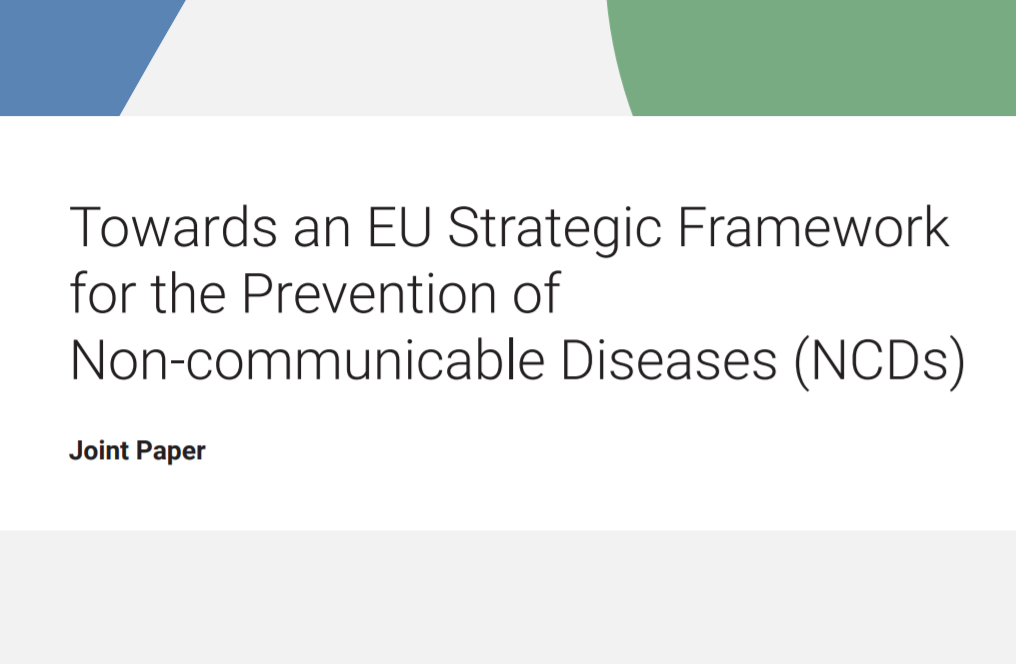
May 31, 2019
The European Chronic Disease Alliance (ECDA), the European Public Health Alliance (EPHA) and the NCD Alliance publish the paper “Towards an EU-Strategic Framework for the Prevention of Non-communicable Diseases” concluding that a new EU strategic framework to prevent non-communicable diseases (NCDs) is needed to address chronic diseases, the 21st century’s foremost health threat.
With 70% of respondents to a recent EU Barometer survey wanting to see more EU action on health and with epidemic levels of NCDs undermining people’s well-being, healthcare systems, and Europe’s economic and social prosperity, preventing NCDs should be a main priority for the next European Commission.
The mandate 2019-2024 is an opportunity to act upon commitments made at the UN High Level Meeting on NCDs in September 2018 and follow on the EU Reflection Process on Chronic Diseases to deliver concrete solutions to respond to the main common risk factors. While progress is made on reducing premature mortality from NCDs, longer lives do not necessarily translate into healthy lives.
With stroke being such an important topic among other non-communicable diseases, SAFE and ESO recently organised a panel discussion in the Committee of Regions in Brussels, under the Patronage of The Romanian Presidency, exploring the role of policy in tackling stroke. During the panel discussion, patient representatives and clinical experts called on the EU Institutions to recognize the burden of stroke as its own incredibly important entity, rather than diluting it in the wider classification of cardiovascular diseases. Panelists representing patients and clinicians also called for the EU to facilitate discussions between its Member States on the implementation of the Stroke Action Plan for Europe. As a next step to this meeting, SAFE and ESO begun a follow-up with speakers and participants to move forward with the identified opportunities. The immediate action that came as a result of this panel discussion was SAFE’s participation in the CHRODIS+ Conference, held in Budapest, Hungary on 15 May 2019. At this important meeting, SAFE was represented by Grethe Lunde, SAFE Board Member and a stroke survivor from Norway. SAFE actively participated in discussions on topics such as patient involvement, multi-morbidity, integrated care and employment.
Europeans spend between a quarter and a fifth of their lives in ill-health. 700 billion EUR is spent on treating NCDs in the EU each year – although many chronic diseases are to a considerable degree preventable. The paper proposes basic principles, priorities and actions for such an EU strategic framework, setting out a roadmap to make change happen. For more information, please contact: info@alliancechronicdiseases.org or epha@epha.org.
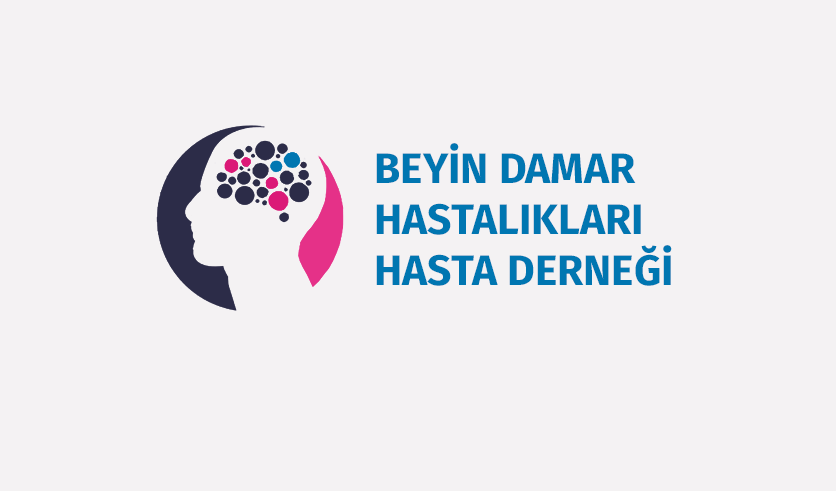
May 31, 2019
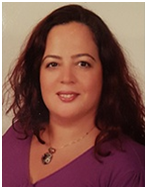 “In our country, our patients are facing several problems after stroke. The number of physical therapy units is adequate, however, we should pay extra attention for the subjects such as lack of training and methods, inadequate speech rehabilitation therapy, lack of environmental physical conditions for stroke cases, and often overlooked dementia and depression after stroke” said Füsun Mayda Domaç, Assoc. Prof, MD, Msc and Vice President of BEYINDER, Turkish Stroke Support Organisation.
“In our country, our patients are facing several problems after stroke. The number of physical therapy units is adequate, however, we should pay extra attention for the subjects such as lack of training and methods, inadequate speech rehabilitation therapy, lack of environmental physical conditions for stroke cases, and often overlooked dementia and depression after stroke” said Füsun Mayda Domaç, Assoc. Prof, MD, Msc and Vice President of BEYINDER, Turkish Stroke Support Organisation.
SAFE: What is one issue related to the life after stroke in your country that you think needs special attention?
FMD: One of the most noteworthy issues is the establishment of a number of rehabilitation centers by government incentives in Turkey. Although the physical facilities and numbers of the centers are adequate, the lack of physical therapists and physiotherapists, who are well equipped for neurorehabilitation and especially for stroke rehabilitation, is quite lacking. The number of physical therapy sessions that the Ministry of Health has provided free of charge in patients after stroke is insufficient. Although the physicians are willing to start treatment in patients in the early period, the number of free sessions and an inadequate number of equipped personnel negatively affect the success rates. In our country, physical factors create difficulties for the cases of stroke. It is extremely important to reintroduce stroke survivors to an active, disability-free life with an intensive rehabilitation program.
Other important issues we have come across in most stroke survivors are the isolation of social and work environment, fear of not recovering, and psychiatric problems such as depression and anxiety. Besides, vascular dementia can develop due to localization and severity of stroke. However, because we need to examine a large number of patients in a short time due to health policies in outpatient clinics, urgent and important complaints are considered at the forefront and psychiatric cognitive problems can be ignored. This situation complicates and delays clinical recovery in patients.
SAFE: What would be the solution, i.e. what is your organisation’s position regarding this issue?
FMD: The short duration of rehabilitation treatment and lack of adequate qualified personnel negatively affect the healing process even though the physical therapy centers are sufficient. In this context, in the neurorehabilitation, it will be helpful to prepare a training CD of physical therapy applications for stroke which explains practices in detail. In addition, neurology and physical therapy branches need to come together and exchange information on neurorehabilitation with joint meetings. Training sets can be prepared in cooperation with the Ministry of Health, and detailed brochures about hints and issues to be considered during physical therapy can be prepared and distributed. The Ministry of Health may be asked to supervise physical therapy centers in more detail and to support fully-equipped rehabilitation centers for stroke rehabilitation. The number of free service periods and sessions can be increased by discussing the necessity of having a long-term and intensive treatment protocol after stroke with the Ministry of Health. Beyinder works intensively on all these solutions.
Due to the health policies in our country, there is not enough time to examine stroke patients in the outpatient clinics. In addition, it is not easy to make detailed evaluations except for the basic complaints. In this respect, assessment forms for depression, anxiety, and cognitive problems can be prepared and asked to fill it with the help of a patient and/or their relatives before their visit and these forms can be evaluated guickly in the outpatient clinics. Assessment forms should be developed and implemented easy-to-read taking into account the health literacy of patients so that they can fill forms on their own. In order to raise awareness among neurologists, information brochures about post-stroke psychiatric and cognitive situations can be prepared and distributed.
SAFE: Please tell us more about your organisation.
FMD: Stroke patients are not alone anymore in Turkey. “BEYİNDER” which is Turkish cerebrovascular diseases patients’ society was established in August 2017 in Istanbul. BEYİNDER is a non-profit, national society for stroke patients, their families, caregivers and also for health professionals. Our aim is to provide help and support for all stroke patients in Turkey and provide public education by accurate information about cerebrovascular diseases.
Our society has a website (link: http://www.beyinder.org/). The web site of our society provides information about our society, understandable information about clinical signs and symptoms, primary and secondary prevention, therapy and rehabilitation of stroke for patients and care givers, information about communication and news about stroke in media. Our society also has several social media accounts including Facebook, Instagram and twitter in order to make people aware of the society and its website.
Official journal of the association began publishing in 2018 and the 4th issue is on the way. Editor of the journal is Prof. Uludüz. The journal provides general information on vascular health of brain for patients. We also send journal to hospitals in order to give patients and relatives at out-patient or in-patient clinics. The online version of our journal is also available on the website.
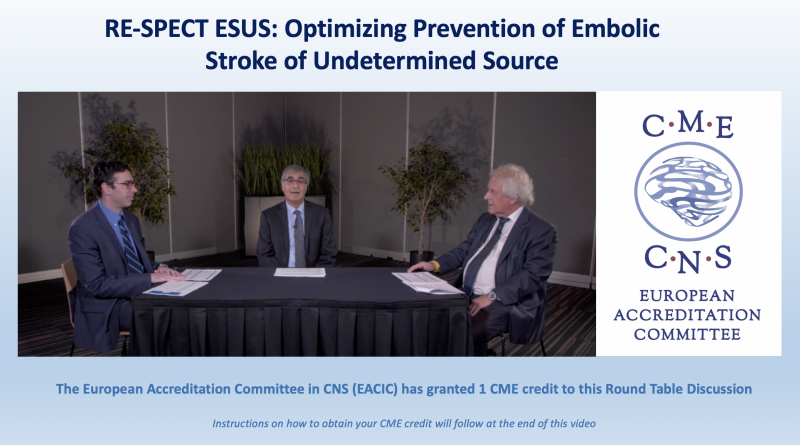
May 30, 2019
We would like to recommend to your attention a Round-Table discussion that held place at last year’s WSC in Montreal, Canada.
This Round Table Discussion reviews strategies for secondary prevention strategies in ESUS and the implications of the recent RE-SPECT ESUS results for clinical practice.
Following completion of this activity, learners will be able to:
- Describe RE-SPECT ESUS clinical trial results
- Outline the benefits and risks of NOACs in ESUS
- Discuss the implications of RE-SPECT ESUS for clinical practice
RE-SPECT ESUS: Optimizing Prevention of Embolic Stroke of Undetermined Source
Moderator:
Mike Sharma MD, MSc, Associate Professor, Division of Neurology, Department of Medicine, McMaster University, Ontario, Canada
Faculty:
Richard A. Bernstein MD, PhD, Professor of Neurology, Feinberg School of Medicine, Northwestern University, Illinois, USA
Hans-Christoph Diener MD, PhD, Professor of Neurology, University of Duisburg-Essen, Germany
Please click here to view video.
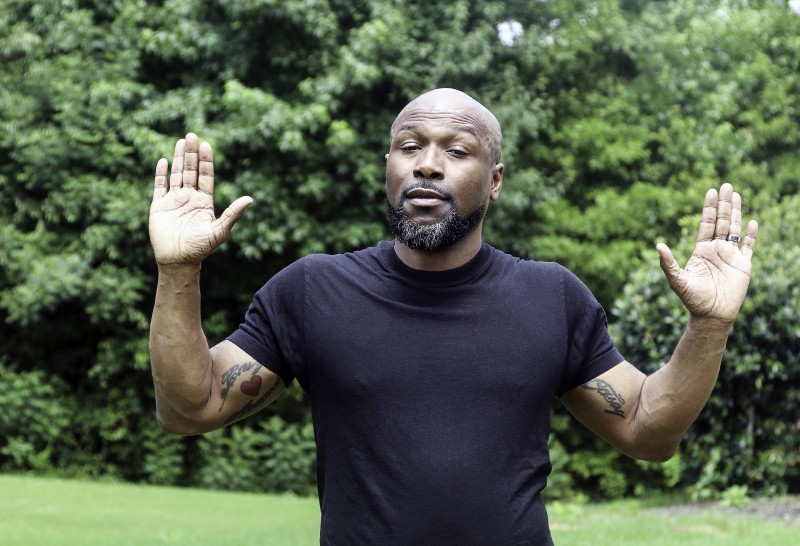
May 27, 2019
This article was first published on ScienceDaily.com
Although the occurrence of first-ever ischemic stroke (strokes due to a blood clot that blocks a blood vessel in the brain) at middle age has been decreasing over time, researchers have found that the decline is not as steep as seen in older adults.
The risk for stroke at midlife declined by approximately 39 percent, while risk of stroke at older age declined by 53 percent, when comparing a recent time period (1998-2005) to a previous time period (1962-67).
“Most strokes at midlife were due to diseases of the arteries (atherosclerosis) caused by a clot migrating from the heart. We also looked at vascular risk factors, such as hypertension and smoking, which have been declining among both age groups over time,” explained corresponding author Hugo J. Aparicio, MD, MPH, assistant professor of neurology at Boston University School of Medicine.
The researchers studied trends in the rate of ischemic stroke among two age groups in the Framingham Heart Study: middle age-35-55 years old and older age-above 55 years old. They estimated the rate of stroke occurring in four time periods, 1962-67, 1971-76, 1987-1991 and 1998-2005. They also looked at risk for stroke calculated using the Framingham Stroke Risk Profile, which gives an estimate for how likely a stroke will occur over the ensuing 10 years.
You can read the full article here.
Image source: Pixabay.com
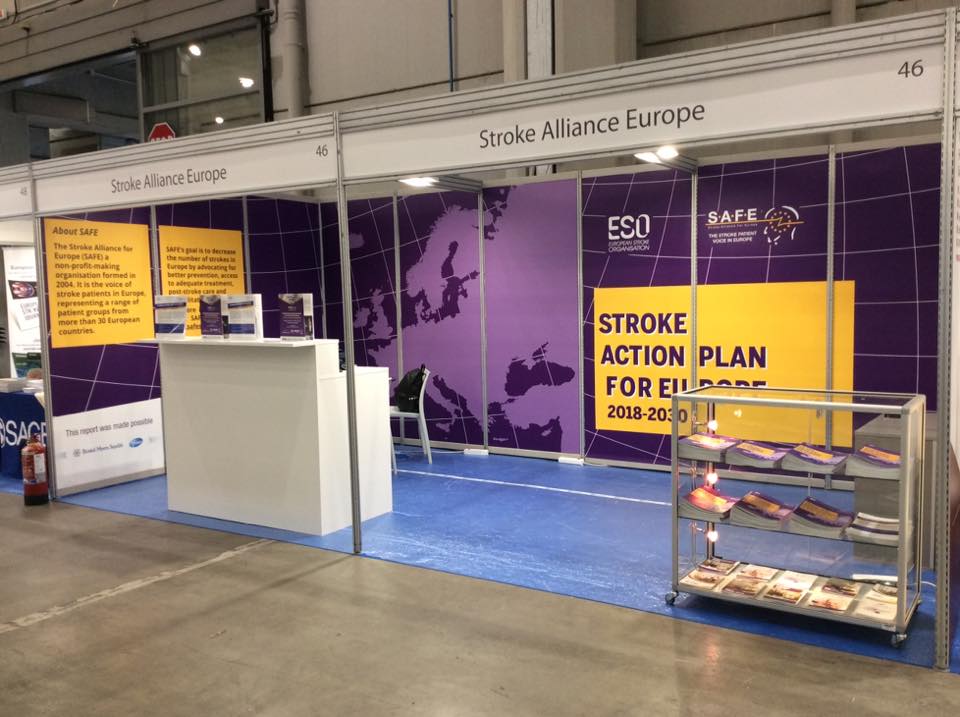
May 25, 2019
The 5th European Stroke Organisation Conference (ESOC), took place in Milan, Italy, from 22 to 24 May 2019.
ESOC 2019 was attended by more than 5,600 participants from all over the world. Stroke Alliance for Europe had a stand at this important event, providing information on the latest stroke advocacy activities.
One of the highlights of ESOC 2019 was the constitution of the Steering Committee for the “Stroke Action Plan for Europe 2018-2030” implementation, in which SAFE will take active participation, representing the voice of stroke patients from 33 European countries.
SAFE promoted the Stroke Action Plan on its stand, now available in additional seven European languages (French, Polish, Spanish, Portuguese, Russian, Ukrainian and Greek) with many more translations to come. The Stroke Action Plan’s translation will increase its reach throughout Europe and significantly help stroke support organisations in with their further advocacy work.
Two of the SAFE Board members, Anita Arsovska from North Macedonia and Hariklia Proios from Greece held important lectures as part of ESOC Scientific Programme. SAFE’s President, Jon Barrick, co-chaired a session on the last days of the congress, covering the topic of the burden of stroke in Europe and the Life After Stroke issues.
Apart from the Board members, other SAFE organisations’ members from Turkey, Italy, Croatia, Hungary, Portugal and many other countries took active part in the ESOC 2019 programme within their fields of expertise.
Video credits: Turkish Stroke Support Organisation BEYINDER.
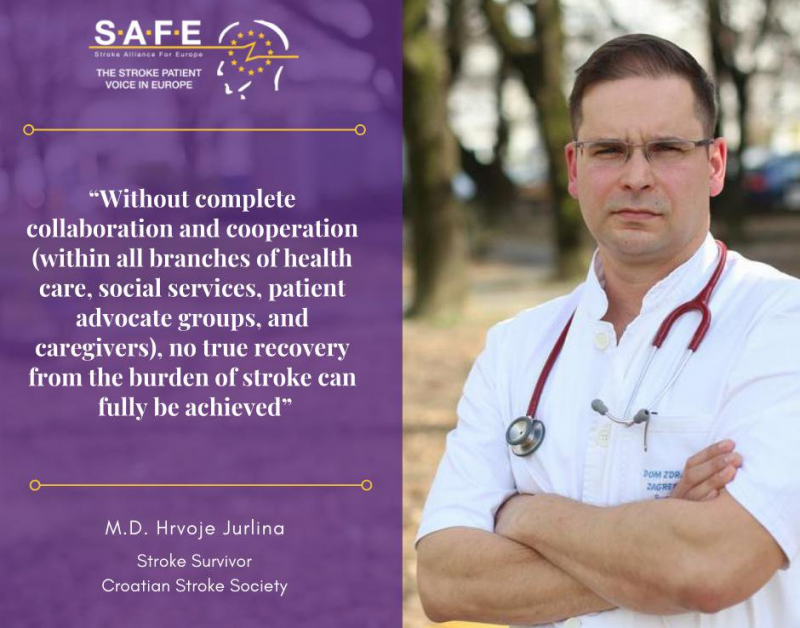
May 24, 2019
“For stroke survivors the real battle begins after they have been discharged from the hospital. The bio-psycho-social burden on any society (family unit), if they are not properly prepared or organized, can very quickly become devastating” said Hrvoje Jurlina, M.D., stroke survivor from Croatian Stroke Society.
SAFE: What is one issue related to the life after stroke in your country that you think needs special attention?
HJ: As in every country the healthcare system has its flaws. The root to a great percentage of these imperfections within the healthcare system lies in the lack of logistical coordination within the system itself. For example: ”If a bus driver does not know his own bus root how can anyone on board the bus be expected to arrive successfully to their desired destination?” (The Bus symbolizes Stroke, the bus driver represents the healthcare system, the bus route substitute as ‘Life after Stroke’, the bus stops depict the specific levels of care, therapy, and rehabilitation the stroke survivor must go through, and the desired destination of the stroke survivor within that bus route represents the desired level of recovery from the burden of stroke.) This is very much so the situation in many healthcare systems in regards to stroke patients. Once the stroke survivor is released from the hospital , the stroke survivor and their primary caregiver (”get on that bus”) are given very little if any information regarding post hospital recovery procedures and care options. The information given is most often very superficial and lacks a realistic picture of what awaits the stroke survivor and their primary caregiver in the immediate and distant future.
SAFE: What would be the solution, i.e. what is your organisation’s position regarding this issue?
HJ: The need for some form of standardized criteria regarding recovery, care options as well as an insight into patient rights for stroke survivors and their primary caregivers is thoroughly needed. ‘ The bus route must be laid out, all of the bus stops must be clearly marked so that the stroke survivor as well as their primary caregiver may successfully navigate and reach their desired destination, which is the recovery from the burden of stroke. To achieve these goals a firm foundation must be put in place in which an alliance of all parties involved in the stroke survivors rehabilitation and recovery can come together in order to maximize a successful post stroke outcome. Without complete collaboration and cooperation (within all branches of health care, social services, patient advocate groups, and the stroke survivors primary caregiver) no true recovery from the burden of stroke can fully be achieved. This continuous burden not only inhibits all aspects of the stroke survivors life but directly influences the lives of their family members and society as a whole.
SAFE: Please tell us more about your organisation.
HJ: Croatian Stroke Society (Hrvatsko društvo za prevenciju moždanog udara) was founded in 1997 with the aim to prevent stroke among persons at risk and stroke survivors, and to improve diagnostics, treatment and rehabilitation, based on the latest scientific knowledge. Raising the stroke awareness in Croatia, which will lead to the reduction of stroke by creating a healthier and more conscious society, is our vision. The Croatian Stroke Society is divided into two branches which are collaborating – stroke survivors section and professional/scientific section. Our activities are focused at educating the population, stroke survivors, caregivers and the medical staff about stroke to improve diagnosis, treatment and rehabilitation. The stroke survivors section members are primarily involved on raising the stoke awareness among the population including stroke survivors and their family and caregivers organizing public campaigns, patient groups, lectures with stroke risk assessments, activities on social media channels, etc. The professional/scientific section members are primarily involved on raising the stroke awareness and education of health professionals as well as providing the medical scientific background to the public and stroke survivors. Croatian Stroke Society is proud member of the Stroke Alliance for Europe, European Stroke Organization and Central and Eastern European Stroke Society.

May 20, 2019
This article was first published on ScienceDaily.com
A new study from the University of Eastern Finland shows that a moderately high intake of dietary cholesterol or consumption of up to one egg per day is not associated with an elevated risk of stroke. Furthermore, no association was found in carriers of the APOE4 phenotype, which affects cholesterol metabolism and is remarkably common among the Finnish population. The findings were published in the American Journal of Clinical Nutrition.
Findings from earlier studies addressing the association of dietary cholesterol or egg intake with the risk of stroke have been contradictory. Some studies have found an association between high dietary cholesterol intake and an increased risk of stroke, while others have associated the consumption of eggs, which are high in cholesterol, with a reduced risk of stroke. For most people, dietary cholesterol plays a very small role in affecting their serum cholesterol levels. However, in carriers of the apolipoprotein E phenotype 4 — which significantly impacts cholesterol metabolism — the effect of dietary cholesterol on serum cholesterol levels is greater. In Finland, the prevalence of APOE4, which is a hereditary variant, is exceptionally high, with approximately one third of the population presenting as carriers. Yet, research data on the association between a high intake of dietary cholesterol and the risk of stroke in this population group has not been available until now.
The dietary habits of 1,950 men aged between 42 and 60 years with no baseline diagnosis of a cardiovascular disease were assessed at the onset the Kuopio Ischaemic Heart Disease Risk Factor Study, KIHD, in 1984-1989 at the University of Eastern Finland. APOE phenotype data were available for 1,015 of the men participating in the study. Of those, 32% were known carriers of APOE4.
During a follow-up of 21 years, 217 men were diagnosed with stroke. The study found that neither dietary cholesterol nor egg consumption was associated with the risk of stroke — not even in carriers of APOE4.
The findings suggest that moderate cholesterol intake or daily egg consumption are not associated with the risk of stroke, even in persons who are genetically predisposed to a greater effect of dietary cholesterol on serum cholesterol levels. In the highest control group, the study participants had an average daily dietary cholesterol intake of 520 mg and they consumed an average of one egg per day, which means that the findings cannot be generalised beyond these levels. One egg contains approximately 200 mg of cholesterol. In this study, about a fourth of the total dietary cholesterol consumed came from eggs. Furthermore, the generalisability of this study is also weakened by the fact that the study population did not have a pre-existing cardiovascular disease at baseline and the size of the study population was relatively small. Therefore, the findings of the study should be verified in a larger cohort as well as in people with a pre-existing cardiovascular disease, who are currently advised to limit their intake of cholesterol and eggs.
Story Source: University of Eastern Finland. “Dietary cholesterol or egg consumption do not increase the risk of stroke, Finnish study finds.” ScienceDaily. ScienceDaily, 20 May 2019. <www.sciencedaily.com/releases/2019/05/190520093448.htm>.
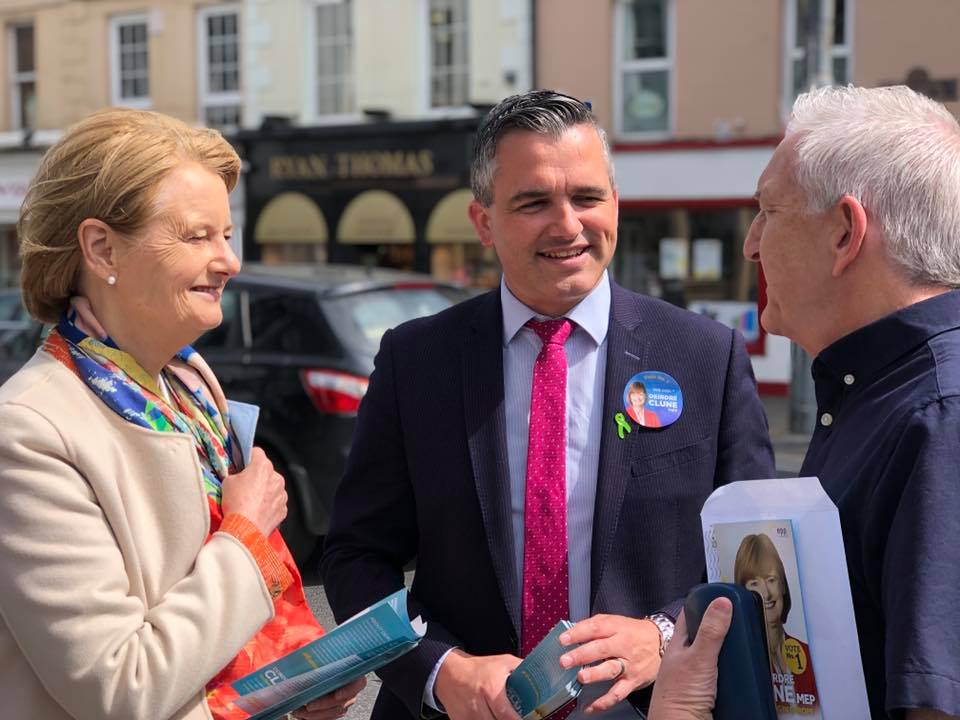
May 18, 2019
“Having attended the SAFE Regional Conference in Paris, I was struck by the need for us as stroke survivors to look past our own borders and countries and to focus on what can be done to ensure that the EU Institutions recognise the burden of stroke across Europe on survivors, their carers and families, and the need for stoke to be recognised as its own incredibly important entity, rather than diluting it in the wider classification of cardiovascular diseases” said Martin Quinn, stroke survivor from Ireland.
We at SAFE are thankful for Martin’s feedback and subsequent engagement after the SAFE Regional Conference in Paris. Sharing his views and actions in the blog post below, we hope to inspire other SAFE members from across Europe, just ahead of the upcoming EU elections, to be held between 23 and 26 May 2019.
“My thoughts after the Paris Conference were filled on what I could do as a stroke survivor to further this discussion and the recognition required on the burden of stroke across Europe. I felt that it was important that I should play my part as a stroke survivor from Tipperary in Ireland and that perhaps I could influence the process in some way and be a voice for those survivors that had no voice in the ongoing battle against stroke.
I am the type of person with the attitude of Benjamin Franklin who once said, “Don’t put off until tomorrow what you can do today”, so immediately on returning home from Paris I put pen to paper and wrote to my local media about my attendance at the Conference; on the implementation of the Stroke Action Plan for Europe, on the event held under the patronage of the Romanian Presidency of the Council of the European Union on the role of policy in tackling stroke which took place in Brussels, and on ongoing stroke support organisation activity across Europe.
The local media immediately picked up on the story and ran articles in the local newspapers and I was interviewed about the Conference on two local radio stations. There has been much positive reaction to this story and it has been widely shared amongst stroke survivors and their organisations.
With impending European Elections I wanted also to get this message out to outgoing Irish Members of the European Parliament and to candidates contesting the elections for the first time. So I again put pen to paper and wrote to every Irish MEP and to first time candidates that I could get contact details for. In my letter to them I informed them of my attendance at the Paris Conference and of SAFE’s goal to decrease the number of strokes in Europe by advocating for better prevention, access to adequate treatment, post-stroke care and rehabilitation. I went on to refer to the Brussels event, which was held under the patronage of the Romanian Presidency of the Council of the European Union, and I attached the report from the event for their consideration. In my letter I said that for me as a stroke survivor it was very important to hear of patient representatives and clinical experts calling on the EU Institutions to recognise the burden of stroke as its own incredibly important entity, rather than diluting it in the wider classification of cardiovascular diseases, and on the request to the EU to facilitate discussions between its Member States on the implementation of the Stroke Action Plan for Europe. I concluded by saying that joining forces with EU policy-makers to address the burden of stroke that stroke survivors, their families and the overall society are currently facing is essential, as is the support of our MEP’s in the implementation of the Stroke Action Plan for Europe.
As luck would have it on the day of one of my interviews on my local radio station, who should I meet in the studio corridor only Deirdre Clune, Fine Gael MEP for Ireland South (Member of EPP Group in Parliament). I was previously acquainted with Ms. Clune so having exchanged pleasantries I then had a brief word with her about my correspondence to her on the Stroke Action Plan for Europe and I then headed into studio for my own interview. Later on however I had a further opportunity to meet Ms. Clune and to speak to her in more detail on the matter. She thanked me for my correspondence and for sending her a copy of the Brussels report and she committed if elected to following through on the proposals and objectives as outlined in the report to further the implementation of the Stroke Action Plan for Europe.
Further support for the implementation of the Stroke Action Plan for Europe has been forthcoming to me in response to my letter to candidates from Ireland South Fianna Fáil candidate Billy Kelleher (ALDE Group in Parliament), from Ireland South Labour candidate Sheila Nunan (PES Group in Parliament) and from Dublin Independent Socialist candidate Clare Daly.
Sheila Nunan submitted a detailed response stating that she would call for the full implementation of the UN Convention on the Rights of Persons with Disabilities, including stroke survivors at EU level and will work with disability organisations and organisations like SAFE & IHF to achieve this. She added that she will promote and support new measures to ensure that all stroke survivors have access to inclusive education, with personalised supports, and an inclusive workplace.
The Ireland South Green Party candidate, Grace O’Sullivan (Greens/EFA Group in Parliament), said that she would keep my letter and report attachment on file for review should she be successful in getting elected.
I eagerly await responses from the others!” concluded Mr. Quinn.
<Featured Photo: Martin Quinn meets Ms. Deirdre Clune; Credits: Martin Quinn>
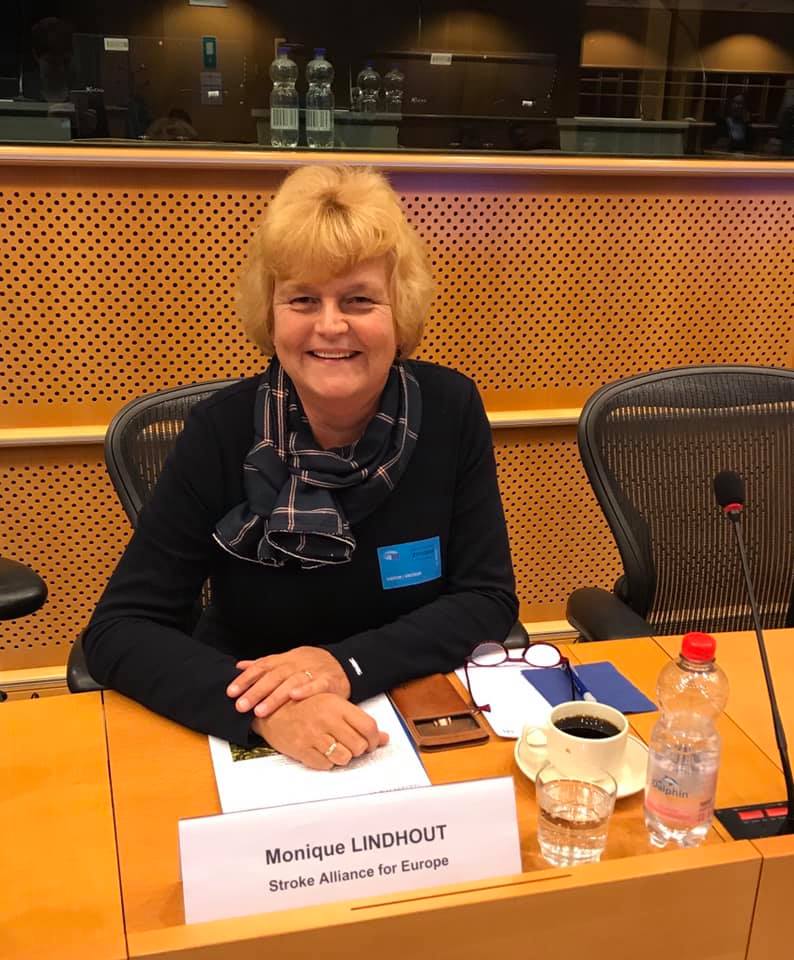
May 17, 2019
“It is wonderful that more and more people survive a stroke, but that only about 10 percent of those survivors end up in medical specialist rehabilitation is at least worrying. And this low number applies to the entire group with brain injury, so also, for example, to people with injuries due to an accident” says Monique Lindhout, SAFE Board Secretary and Director of the Hersenletsel.nl.
SAFE: What is one issue related to the life after stroke in your country that you think needs special attention?
ML: The extent to which a stroke survivor can participate in society is largely dependent on the degree to which they are rehabilitated. In The Netherlands only 1 out of 10 stroke survivors is eligible for medical specialized rehabilitation.
It is good that a diagnosis is made quickly in hospital and treatment is started quickly. In addition, there is pressure from insurers to keep the treatment as short as possible. In practice, this means that triage also takes place quickly – often too quickly. The triage determines what the rehabilitation process will look like. Can a patient handle the intensive treatment in a rehabilitation institution, is geriatric rehabilitation in a nursing home appropriate? Or can someone go home immediately?
Far too often, people, young and old, are sent home under the motto “too light, no need for rehabilitation.” And there is another group: the people who are sent to the nursing home under the motto “damage done too serious, non-recoverable.” This too is still too common.
SAFE: What would be the solution, i.e. what is your organisation’s position regarding this issue?
ML: We truly believe that ‘a life saved needs also to be lived’ and that it is us, as a society, as a patient organisation, as healthcare professionals, as friends and relatives of stroke survivors, that will have to make this possible for all stroke survivors. We therefore focus on 4 different aspects:
– Involving family in the recovery process
Involving family gives a win-win-win situation:
• The patient wins: greater chance of recovery and of maintaining a network in the chronic phase
• The loved ones win: they help, grow with and grow towards good “dealing with” in the chronic phase. An active network prevents overloading of one of the primary caregivers.
• The professionals win: better results in less time
• Society wins: less burden of care and costs in the chronic phase.
– Training stroke survivors to become ‘ambassadors’ We developed a course ‘Ambassador’ in which stroke suvivors learn to use their own story ànd their own strength to support others. Over 200 stroke survivors are now successfully active in this field in a position that fits their interest, passion, competencies, available time and energy.
– Developing technical tools (apps, e-health) to enable people to work on their own rehabilitation at home
– Use an extensive media campaign on this subject
SAFE: Please tell us more about your organisation.
ML: Hersenletsel.nl is a patient association for people with non-congenital brain injury and their loved ones and focuses on the lifelong consequences of (non-congenital) brain injury. It stands for promoting self-reliance and social participation in a way that does justice to both the possibilities and limitations of people with brain injuries. The pillars of the association are contact with fellow sufferers, information provision and advocacy. Hersenletsel.nl is the leading patient association for people with non-congenital brain injury and their loved ones in the Netherlands. The association wants to achieve adequate care, guidance, facilities and support structures for both people with a non-congenital brain injury and their loved ones. The association offers added value for its individual members through suitable and usable products and services.
The association can be found in every region in the Netherlands as an active patient association for people with brain injuries and those close to them. The association is the designated discussion partner for stakeholders at international, national, provincial, regional and local level. The association is also the initiator and participant in NAH centers and aphasia centers and has an active role in monitoring the quality of these centers from a patient perspective. The association is the designated participant in the development of care standards and quality criteria from a patient perspective for the care of those affected with brain injury.
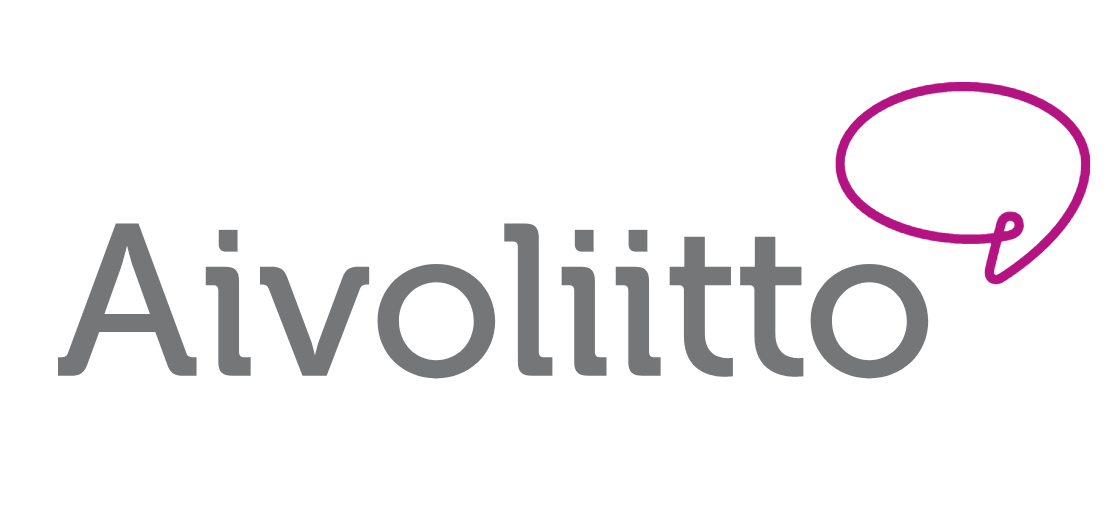
May 15, 2019
Parliamentary elections took place in Finland in April, and the new government programme is currently being drawn up. The Finnish Brain Association urges Finland’s new decision-makers to remedy the flagrant inequality in stroke rehabilitation. In Finland, access to rehabilitation is arbitrary and depends on both the affected person’s domicile and age.
In the country’s hospital districts, at best more than 40 per cent of stroke victims are admitted to multiprofessional rehabilitation. This is in line with national recommendations. In some hospital districts, however, multiprofessional rehabilitation is only provided to a select few patients. This means that our country’s overall situation in stroke rehabilitation is poor: only 10–20 per cent of stroke victims are referred to multiprofessional rehabilitation. That is less than half of those who need rehabilitation. Every year, approximately 26,000 Finns suffer a stroke. A third of them die.
The Finnish Brain Association reminds the new decision-makers that follow-up care for stroke victims in Finland depends too much on the patient’s domicile and age. Age and domicile play a role in both whether the patient receives rehabilitation and how long the rehabilitation lasts. Those over 65 are the most disadvantaged.
The Finnish Brain Association demands an end to this kind of age discrimination and reminds us of studies that indicate that the rehabilitation of elderly stroke patients in particular is worthwhile. The association points out that timely, efficient stroke rehabilitation saves costs for society, as it reduces the need for long-term institutional care and decreases social welfare costs, among other things.
Inadequate or inefficient rehabilitation leads to a weaker state of health and impaired functional ability and quality of life for the patients, while also increasing their need for assistance and services. Stroke is the most costly arterial disease. Each year, EUR 450 million is spent on direct costs and more than EUR 800 million on indirect costs. This expenditure could be lowered by tens and even hundreds of millions of euros, if rehabilitation were targeted correctly.
Insufficient support measures for those affected by aphasia
In Finland, there are approximately 20,000 people who suffer from aphasia following a stroke. They are also in a difficult position, as language disorders are not recognised according to the Finnish Brain Association, and the availability of support measures, such as interpretation services for people with a speech impairment, is insufficient.
Therefore, the Finnish Brain Association demands that people with a speech impairment also be provided with immediate, appropriate therapy and the possibility to express themselves. Society and public service providers have not sufficiently taken into account the possibilities of people with a speech impairment to participate in decisions that concern them. People with impaired speech are not able to act as active citizens, nor do they have the possibility to communicate in an emergency situation (112), for example.
The Finnish Brain Association bases its demands on, among other things, the Nordic Aphasia Association’s principles of aphasia rehabilitation, which, according to the Finnish Brain Association, are a prerequisite for achieving fairness and equality in communication.



 “In our country, our patients are facing several problems after stroke. The number of physical therapy units is adequate, however, we should pay extra attention for the subjects such as lack of training and methods, inadequate speech rehabilitation therapy, lack of environmental physical conditions for stroke cases, and often overlooked dementia and depression after stroke” said Füsun Mayda Domaç, Assoc. Prof, MD, Msc and Vice President of BEYINDER, Turkish Stroke Support Organisation.
“In our country, our patients are facing several problems after stroke. The number of physical therapy units is adequate, however, we should pay extra attention for the subjects such as lack of training and methods, inadequate speech rehabilitation therapy, lack of environmental physical conditions for stroke cases, and often overlooked dementia and depression after stroke” said Füsun Mayda Domaç, Assoc. Prof, MD, Msc and Vice President of BEYINDER, Turkish Stroke Support Organisation.










